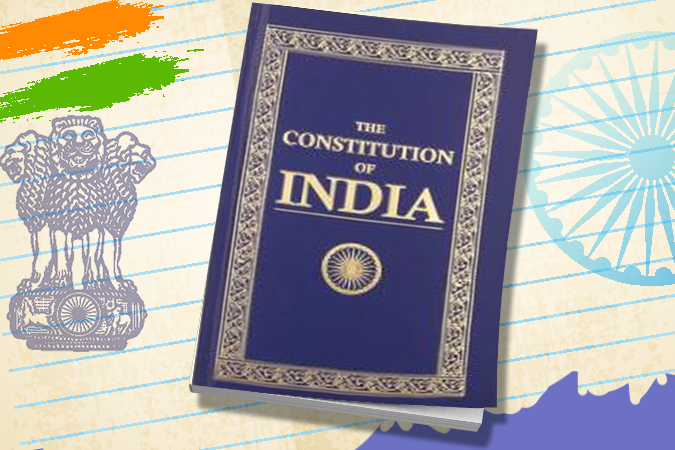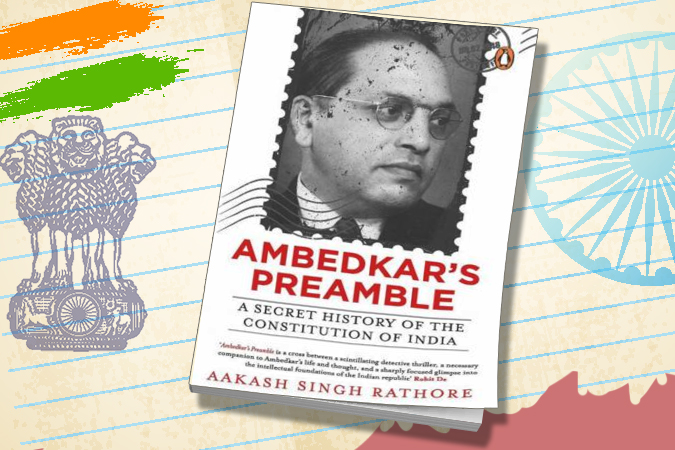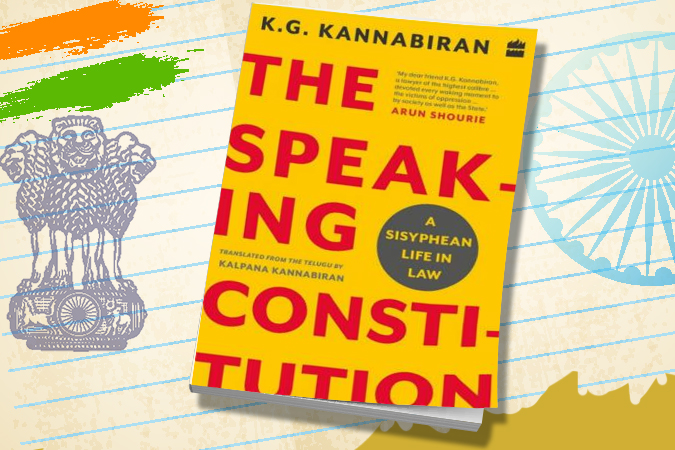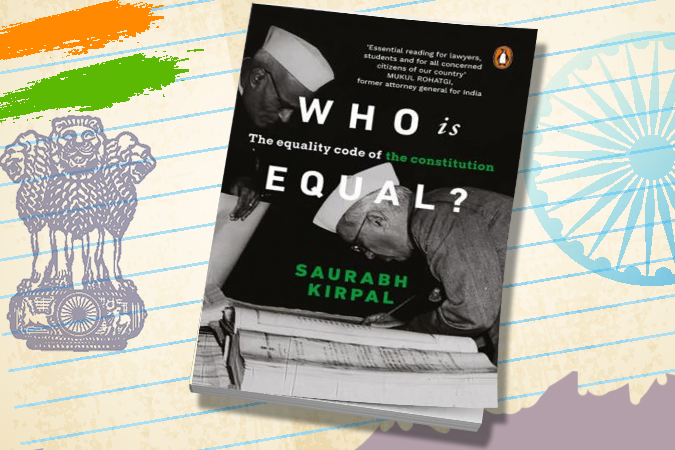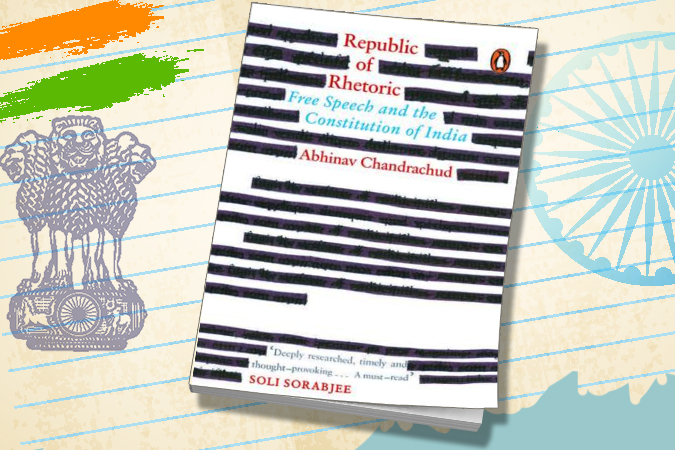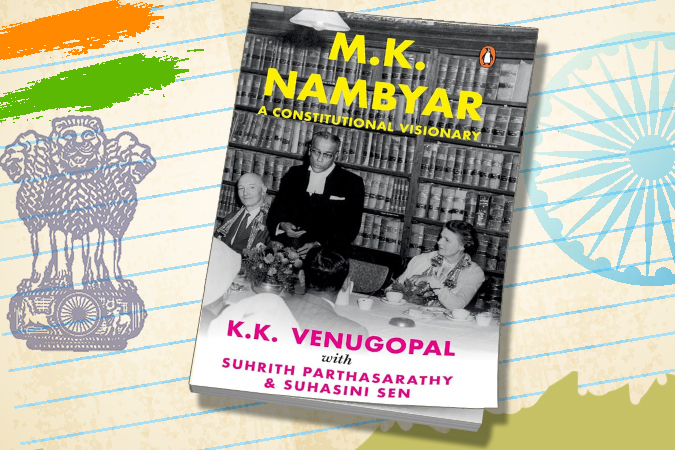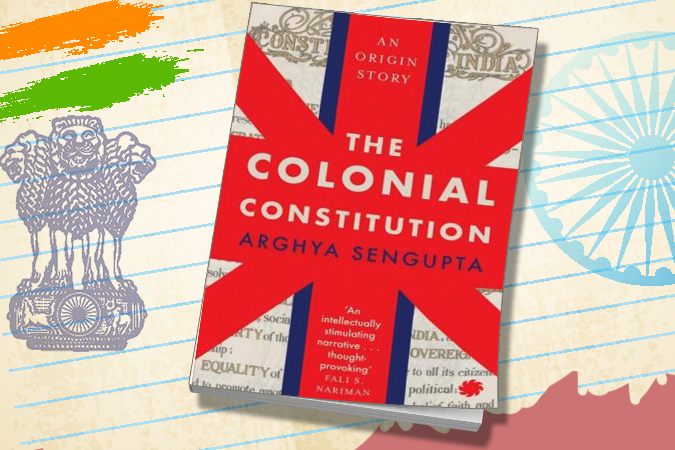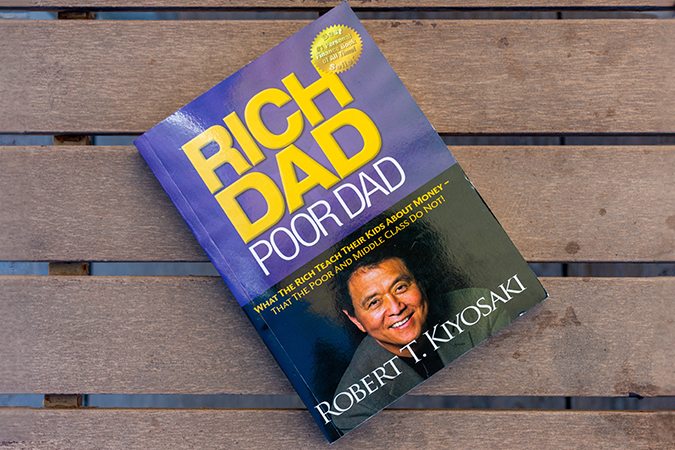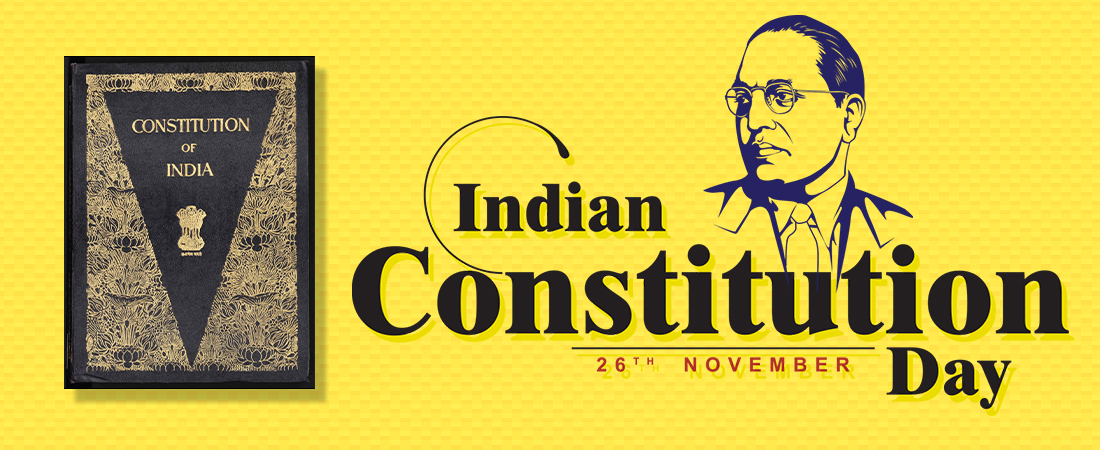
7 Books To Celebrate Democracy And History With
Every year, 26 November marks a momentous occasion in Indian history—Constitution Day. Known officially as National Indian Constitution Day, it is a day to reflect on the values of justice, equality, and liberty enshrined in the country’s guiding document. A history buff, law enthusiast, or simply curious about India’s rich democratic heritage, whoever you may be, Constitution Day offers an opportunity to dive deeper into the story of how India’s democratic framework came to life.
In this blog, we’ll explore the history, significance, and intriguing facts about Indian Constitution Day, answer frequently asked questions, and suggest some must-read books to better understand the Indian Constitution and its legacy.
What is Indian Constitution Day?
Indian Constitution Day, also known as Samvidhan Diwas, commemorates the adoption of the Constitution of India on 26 November 1949. On this day, the Constituent Assembly of India formally adopted the Constitution, which came into effect on 26 January 1950.
This day was first celebrated in 2015, marking the 125th birth anniversary of Dr. B.R. Ambedkar, who played a pivotal role in drafting the Constitution. The purpose of this celebration is to raise awareness about the Constitution’s principles and its role in shaping modern India.
FAQs About Indian Constitution Day
- When is Indian Constitution Day celebrated?
It is celebrated every year on November 26. - How many days did it take to draft the Indian Constitution?
It took 2 years, 11 months, and 18 days to draft the Indian Constitution. - Who wrote the Indian Constitution?
The Constitution was drafted by the Constituent Assembly, chaired by Dr. B.R. Ambedkar, often referred to as the “Father of the Indian Constitution.” Surendra Nath Mukherjee was the chief draftsman of the Constituent Assembly, and B.N. Rau the constitutional advisor to the Constituent Assembly. The Consitutent Assembly had 299 members in all who were involved in drafting the Constitution. - When was the Indian Constitution adopted?
It was adopted on November 26, 1949 and came into effect on January 26, 1950. - How is Indian Constitution Day celebrated?
The day is marked by educational programs, readings of the Preamble, and discussions on constitutional values. .
Books to Understand the Indian Constitution
Let’s start with the actual text of the constitution! This deluxe edition of the Indian Constitution offers much more than the bare text. It presents the full Constitution, complete with the latest amendments, in a beautifully bound gold-foiled cover. Designed for students, legal professionals, and enthusiasts, the book delves into the document’s creation, tracing its evolution from the drafting stages to its adoption. Whether you’re preparing for exams or simply want to own a collector’s piece, this book is an excellent starting point to understand the nation’s governance and legal framework.
This heartfelt novel tells the story of Enzo, a dog with a near-human soul, who reflects on life as he observes his owner, a race car driver named Denny Swift. Told from Enzo’s perspective, the book explores themes of loyalty, love, and the human condition. Ratan Tata’s love for animals made this novel particularly resonant for him, as it highlights the deep emotional connection between humans and their pets. The Art of Racing in the Rain is a poignant narrative that blends Tata’s love for animals and automobiles.
This memoir by noted human rights advocate K.G. Kannabiran is both personal and political. The book explores India’s civil liberties landscape through Kannabiran’s experiences with cases like custodial deaths, encounter killings, and constitutional challenges during politically turbulent times. It also reflects on broader themes like the evolving interpretation of justice by courts. The narrative is rich with historical anecdotes and legal insights, offering a unique perspective on the Constitution’s role in safeguarding rights. Thought-provoking and deeply engaging, this book is a must-read for anyone interested in the intersection of law, politics, and human rights in India.
This insightful book takes a deep dive into the principle of equality enshrined in the Constitution. Kirpal analyses how Indian democracy has grappled with issues of inequality since Independence, from socio-economic disparities to the challenges posed by totalitarian ideologies. The book also examines the Constitution’s Equality Code and its implementation over the years, offering lessons for the future. Kirpal’s writing is both scholarly and accessible, making it ideal for legal professionals and general readers alike. It’s an essential read for understanding how equality remains both a foundational goal and an ongoing challenge in India’s democracy.
Chandrachud’s book examines the contentious history of free speech in India, tracing its roots from colonial times to the present day. He argues that while the Constitution aimed to protect free expression, colonial-era laws like sedition and defamation were retained and even strengthened post-Independence. The book critically evaluates landmark cases and policies, shedding light on the challenges faced by free speech advocates. Written in an engaging and thought-provoking style, it’s a compelling read for those who want to understand how India balances individual freedoms with societal needs and why free speech remains a hotly debated topic.
This biography of M.K. Nambyar, one of India’s most influential constitutional lawyers, offers a fascinating glimpse into his life and contributions. Written by his son, K.K. Venugopal, the book recounts Nambyar’s involvement in landmark cases like A.K. Gopalan v. State of Madras, which shaped the development of Indian constitutional law. It also explores his role in introducing the Basic Structure Doctrine, a cornerstone of constitutional jurisprudence. Combining personal anecdotes with legal history, this book is perfect for readers interested in the evolution of India’s legal system and the pivotal figures who shaped it.
This book provides a critical analysis of the Indian Constitution’s origins, revealing its deep connections to colonial laws and practices. Sengupta explores how the drafters borrowed extensively from the Government of India Act, 1935, and questions whether the Constitution fully reflects the aspirations of a newly independent nation. With its engaging arguments and fresh perspective, the book invites readers to rethink India’s constitutional journey and its relevance today. Far from a dry legal treatise, it’s a thought-provoking narrative that challenges conventional wisdom, making it an essential read for anyone curious about constitutional history and reform.
Interested in Indian society, law & politics? Also read:
Discover India Through 21 Must-Read Books
The People & Elections That Defined India’s Recent History

